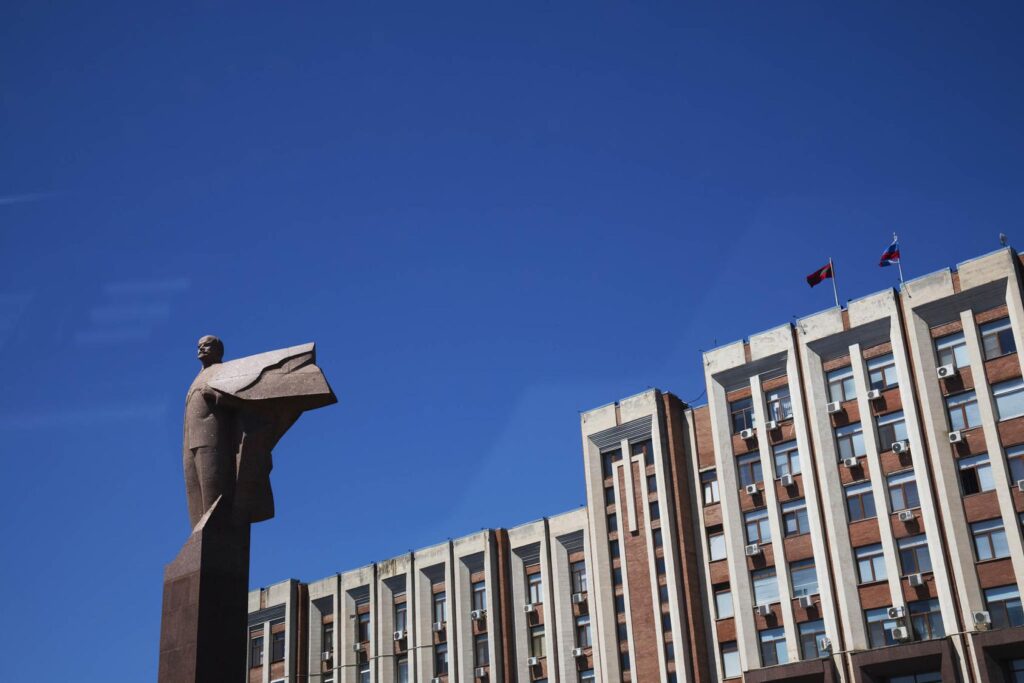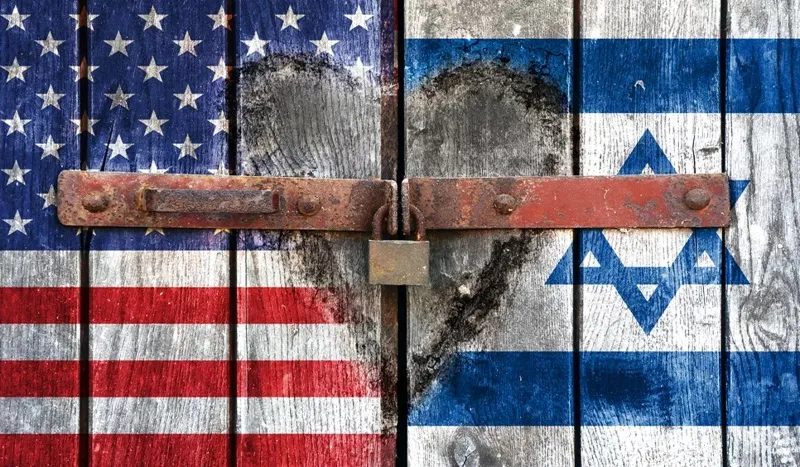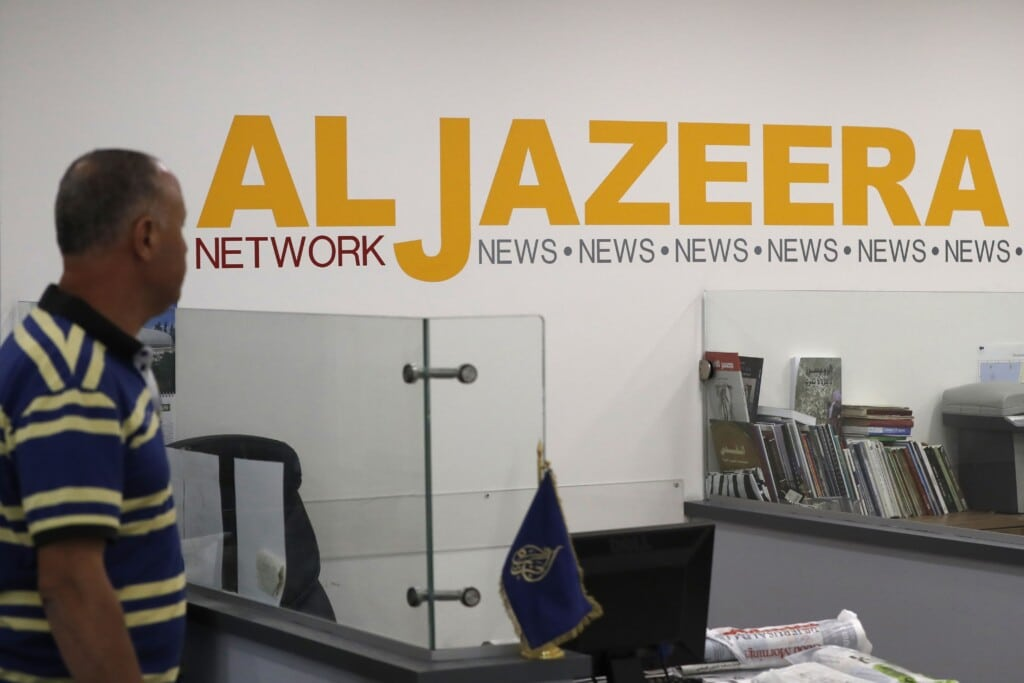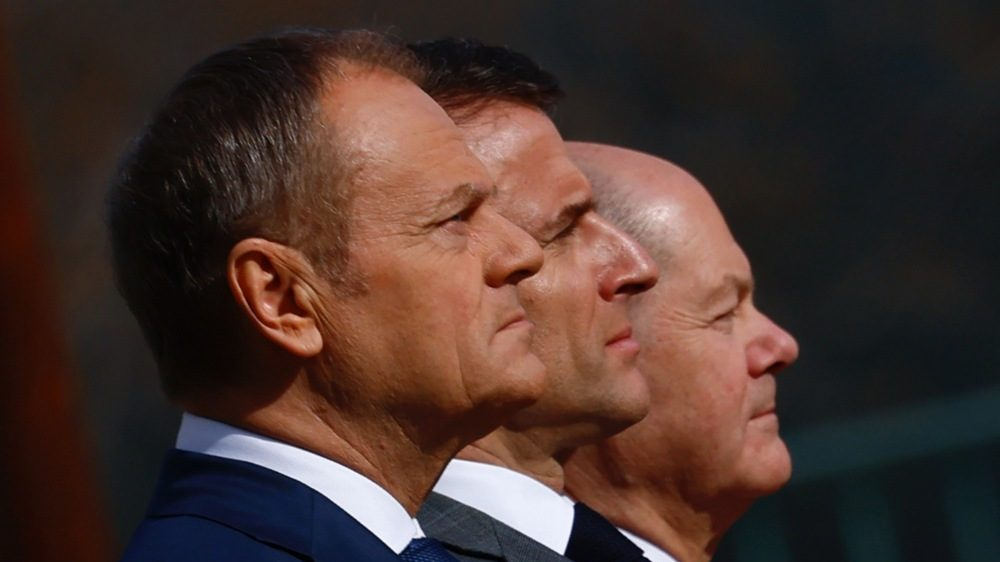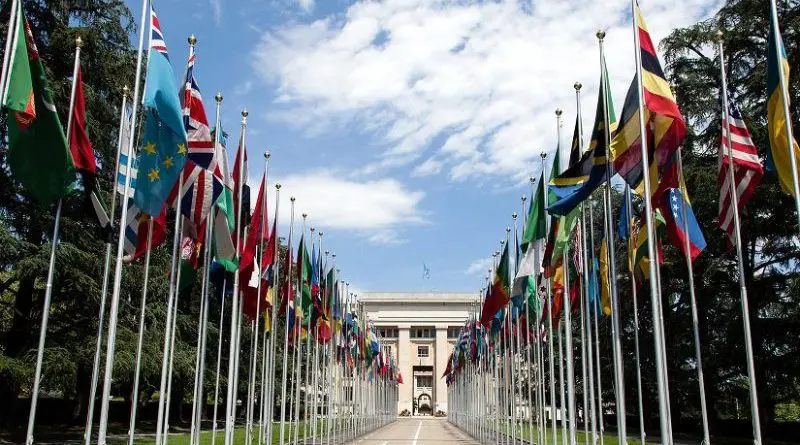Hamas and Hezbollah: How Iran Is Secretly Infiltrating Europe
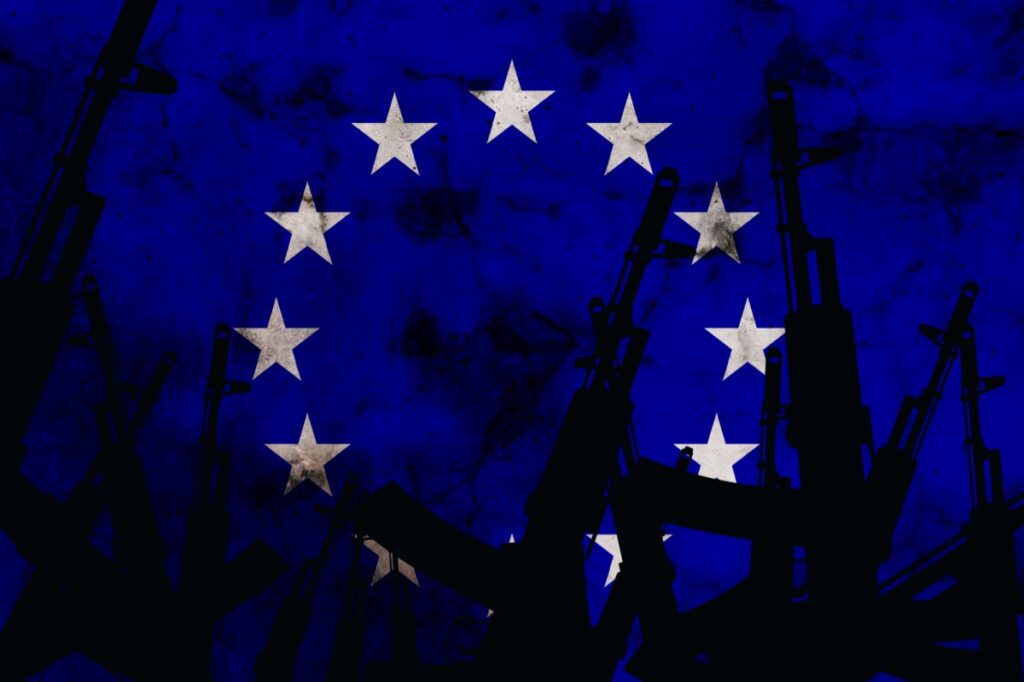
“Hamas sees Western countries such as Germany as a refuge in which the organization can concentrate on collecting donations, recruiting new supporters, and spreading its propaganda.” — Germany’s domestic intelligence service, apnews.com, November 23, 2023.
In February, Belgium’s justice minister confirmed that Hamas operates in Brussels… through a network of front companies raising funds for the terrorist organization… Belgian authorities nevertheless continue to allow Hamas to operate there.

